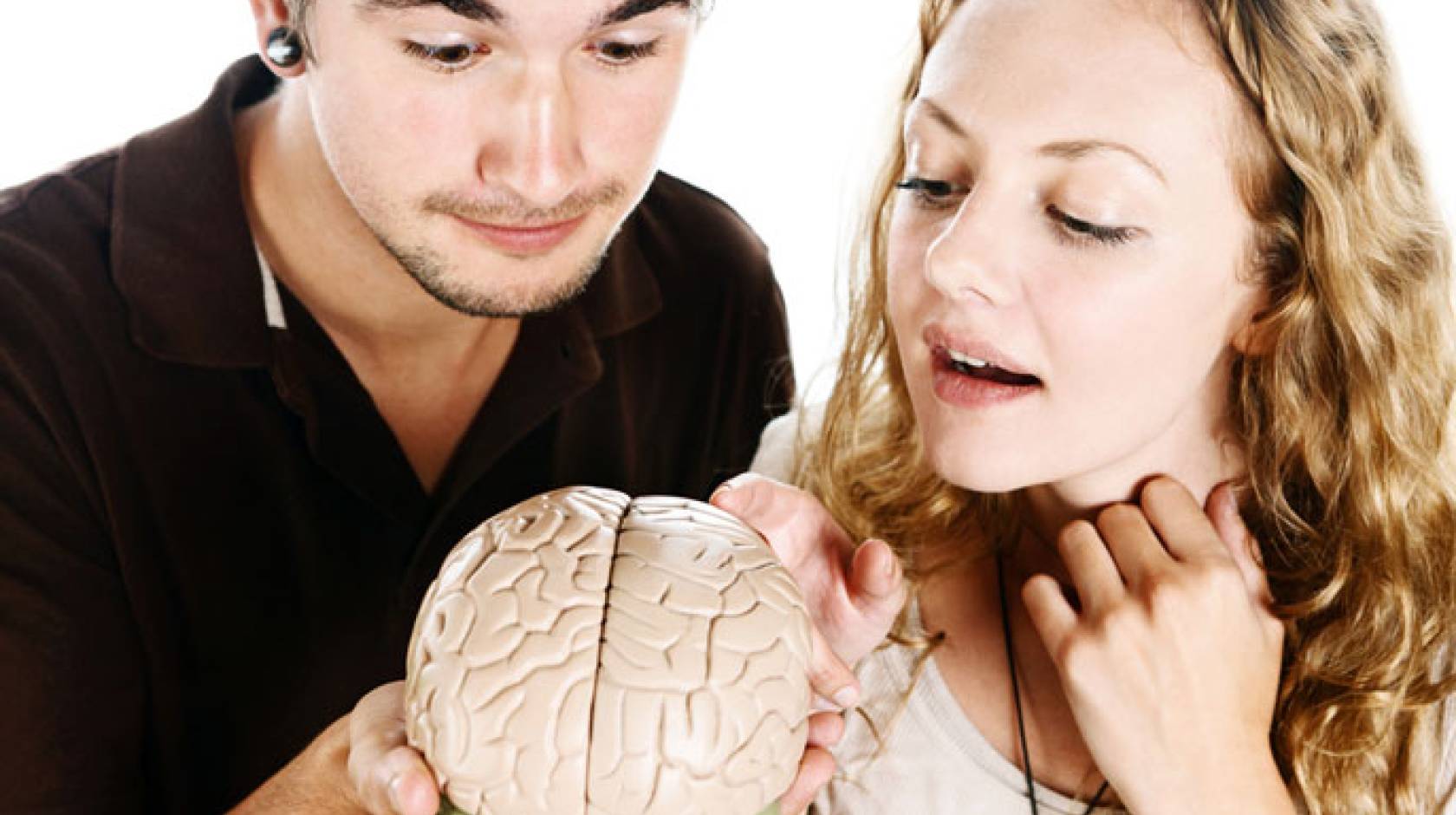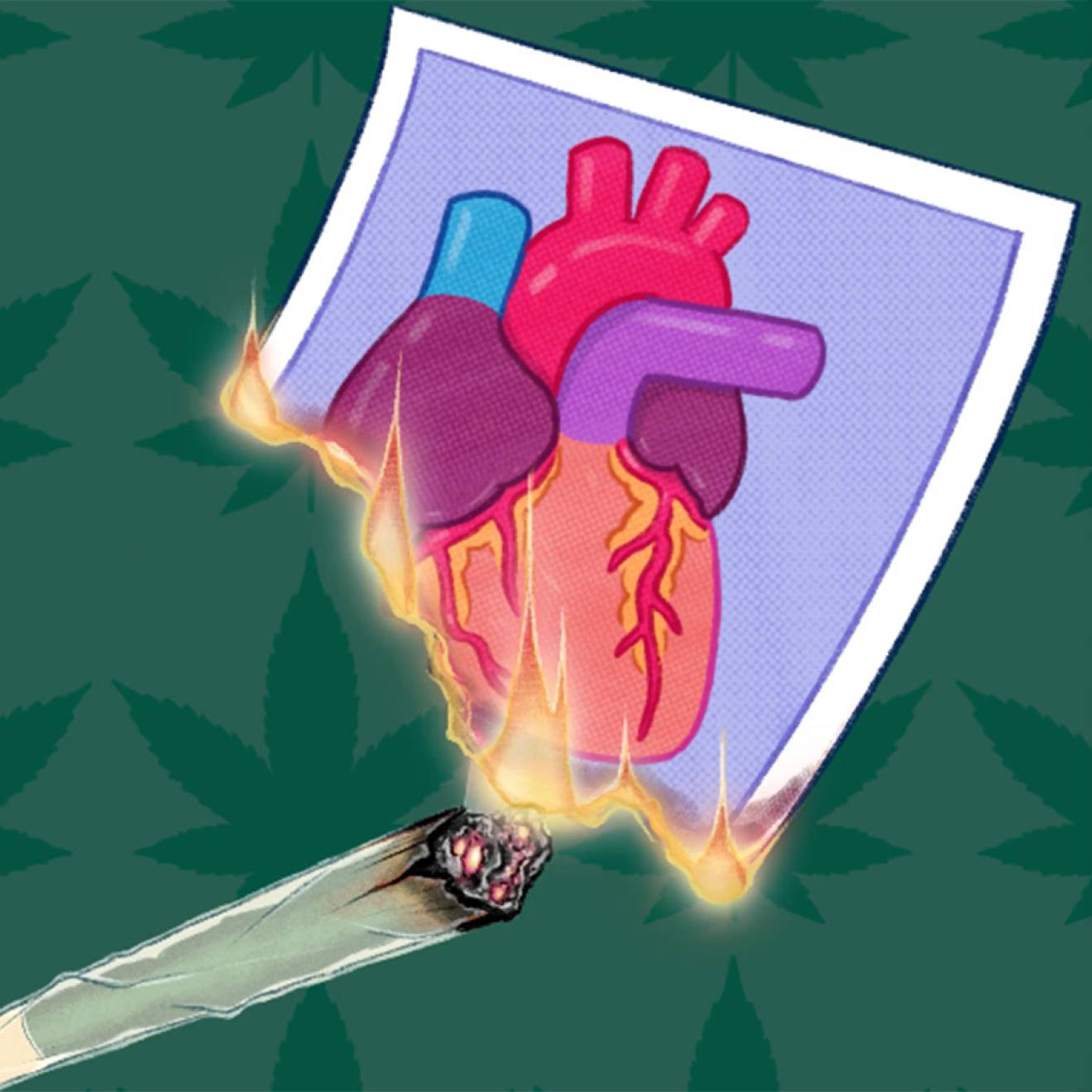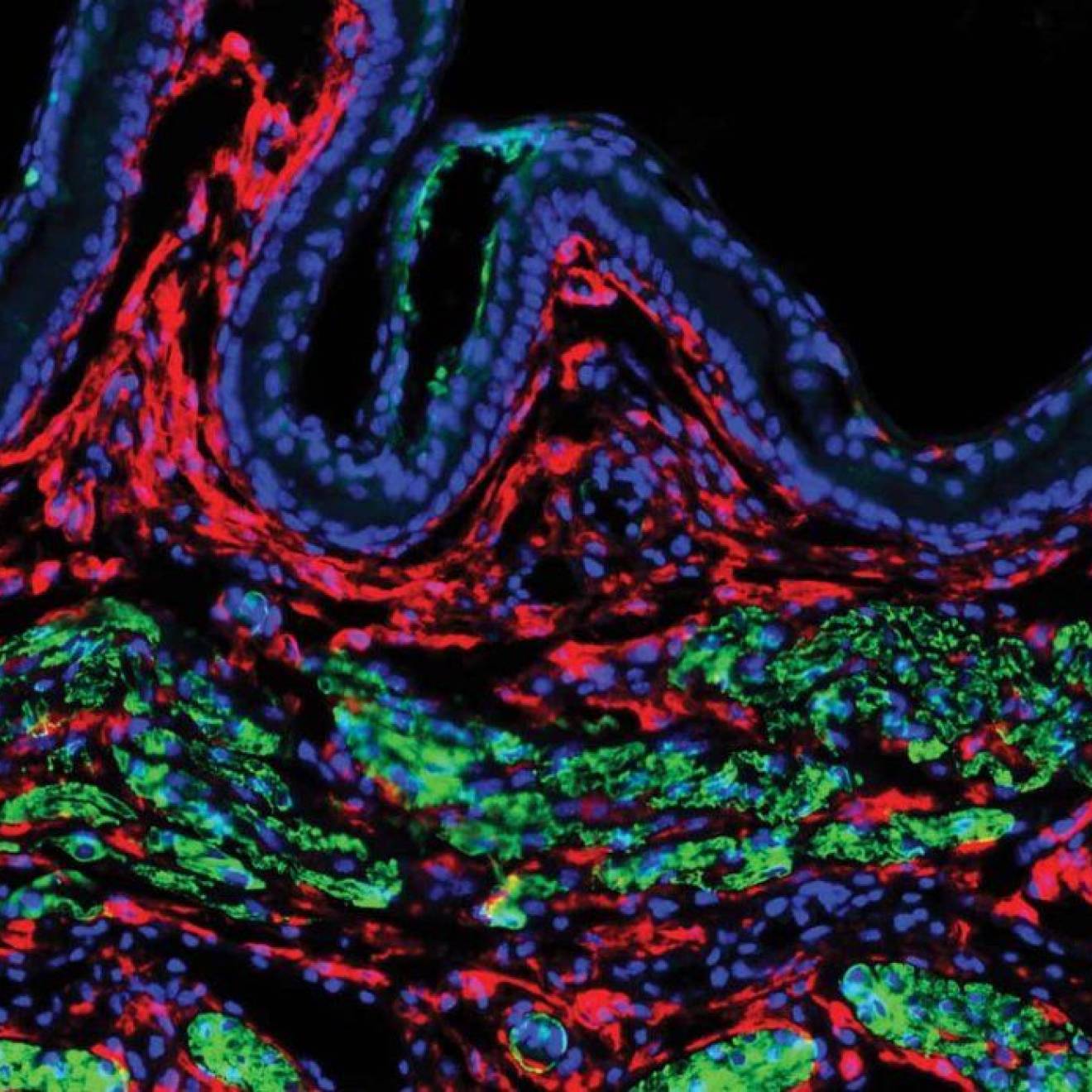UC San Diego

If you’ve lived through your own or your kids’ adolescence, you know it’s an extraordinary time, marked by tremendous growth and a host of opportunities as well as challenges. Yet researchers know comparatively little about the teenage brain. The Adolescent Brain Cognitive Development (ABCD) study – by the National Institutes of Health, with leadership from the University of California, San Diego – aims to change that. The study is now underway.
The largest long-term study of brain development and child health in the United States, the landmark research project will follow the biological and behavioral development of more than 10,000 children beginning at ages 9-10 through adolescence into early adulthood.
Recruitment is being done over a two-year period through partnerships with public and private schools near research sites across the country as well as through twin registries. Families that volunteer will be part of research that promises to inform future educational strategies, child development innovations, research priorities, more effective public health interventions and science-based policy decisions.

Credit: Map courtesy ABCD
What we have yet to know about the developing brain
The ABCD Coordinating Center is housed at UC San Diego, led by Terry Jernigan, professor of cognitive science, psychiatry and radiology and director of the Center for Human Development and Sandra Brown, vice chancellor for research and professor of psychology and psychiatry. UC San Diego also hosts the Data Analysis and Informatics Center, headed by Anders Dale, director of the Center for Translational Imaging and Precision Medicine and professor in neurosciences, radiology, psychiatry and cognitive science. The university is also one of 19 research sites across the country, with Susan Tapert, professor of psychiatry, as principal investigator.
There is much to learn about how varied adolescent experiences – playing video games, for example, or sleep habits, or head injuries from sports, and experimentation with alcohol, tobacco, marijuana or other substances – affect development and vice-versa.

“We know the brain is still developing well into the mid-20s, making it vulnerable to a host of influences,” said NIH Director Francis S. Collins. "With several NIH institutes and centers working together on this important study, we will be able to learn how a variety of biological events and environmental exposures affect brain development, giving us greater insight into what helps adolescents traverse that potentially tumultuous time to become healthy and productive adults.”
During the course of the next decade, scientists will use advanced brain imaging, interviews, and behavioral testing to determine how childhood experiences interact with each other and with a child’s changing biology to affect brain development and, ultimately, social, behavioral, academic, health and other outcomes.
Understanding these relationships may help reveal the biological and environmental building blocks that best contribute to successful and resilient young adults. This enhanced knowledge also may lead to ways to predict potential developmental problems so that they can be prevented or reversed.
For more information about this landmark study, please visit its website at www.ABCDStudy.org.

